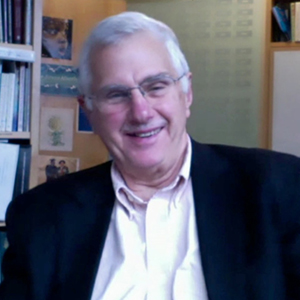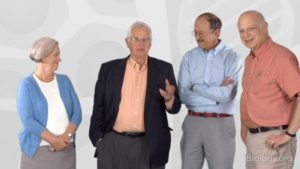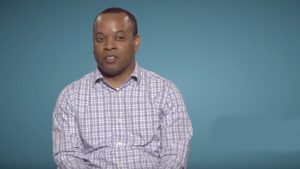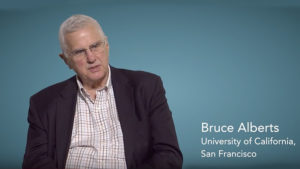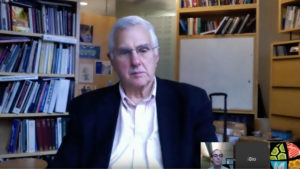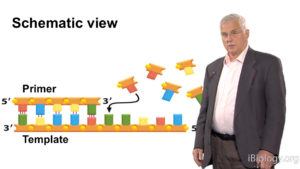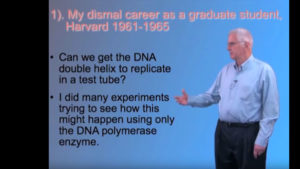Bruce Alberts is currently the Chancellor’s Leadership Chair in Biochemistry and Biophysics for Science and Education at the University of California, San Francisco, and served as Editor-in-Chief of Science Magazine (2008-2013), President of the National Academy of Sciences (1993-2005), and United States Science Envoy (2009-2011). Alberts, who has dedicated his career to promoting science education and international scientific cooperation, is also one of the original authors of The Molecular Biology of the Cell, a preeminent textbook in the field now in its fifth edition. In 2014, Alberts was awarded the National Medal of Science by the White House for his many contributions to science.
Bruce Alberts
University of California, San Francisco
Canada Gairdner Award Lasker Award National Medal of Science
